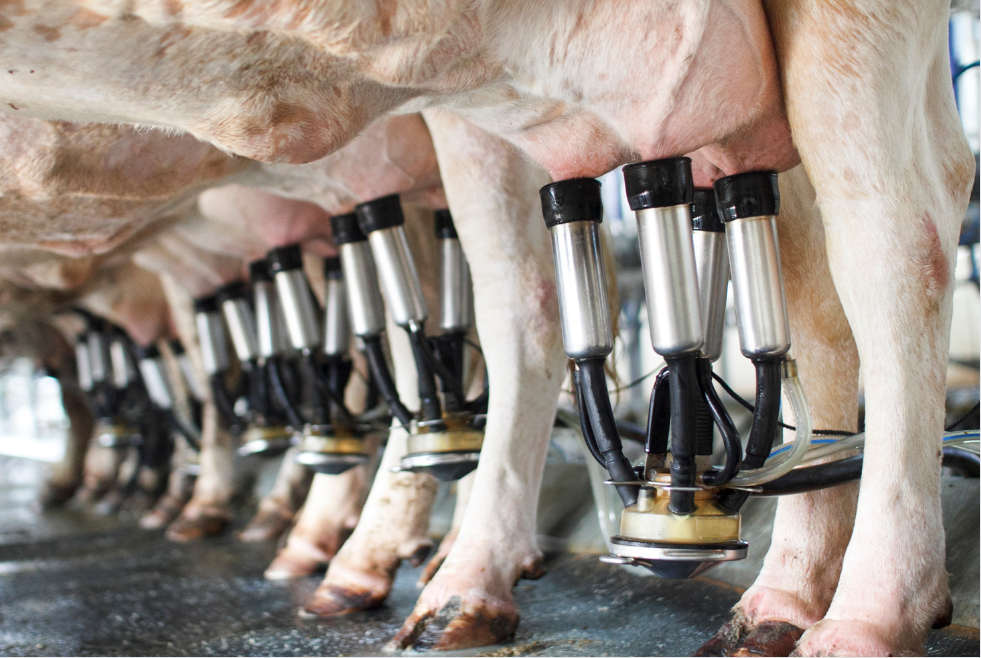Bird flu viral fragments found in pasteurised milk - Food and drug administration
An outbreak of Highly Pathogenic Avian Influenza has spread among dairy cattle herds throughout the country and infected one human, who had mild symptoms.

WASHINGTON - US health authorities said Tuesday they had discovered fragments of bird flu virus in the nation's pasteurised cow milk supply during the course of a large study, but the samples likely posed no health risk to humans.
An outbreak of Highly Pathogenic Avian Influenza (HPAI) has spread among dairy cattle herds throughout the country and infected one human, who had mild symptoms.
Though the H5N1 strain of HPAI has killed millions of poultry during the current wave, affected cows have not fallen severely sick.
The Food and Drug Administration said in a statement that during the course of a national survey, it had discovered viral particles in "milk from affected animals, in the processing system, and on the shelves."
But the samples were run through a highly sensitive quantitative polymerase chain reaction (qPCR) test, which is able to detect remnants of the pathogen's genetic material even if the virus itself was inactivated by the heat of the pasteurization process.
"The pasteurization process has served public health well for more than 100 years," the agency said.
"Even if virus is detected in raw milk, pasteurization is generally expected to eliminate pathogens to a level that does not pose a risk to consumer health."
The agency's scientists are working to study positive samples further using "egg viability studies." These involve injecting an embryonated chicken egg with a sample and then seeing whether any active virus replicates.
"Additional analysis is underway of milk on store shelves across the country in addition to work to evaluate any potential differentiation for various types of dairy products (e.g., whole milk, cream)," the FDA added.
Bird flu was previously detected in raw milk, which health authorities have long advised against consuming. - AFP
Download Sinar Daily application.Click Here!














